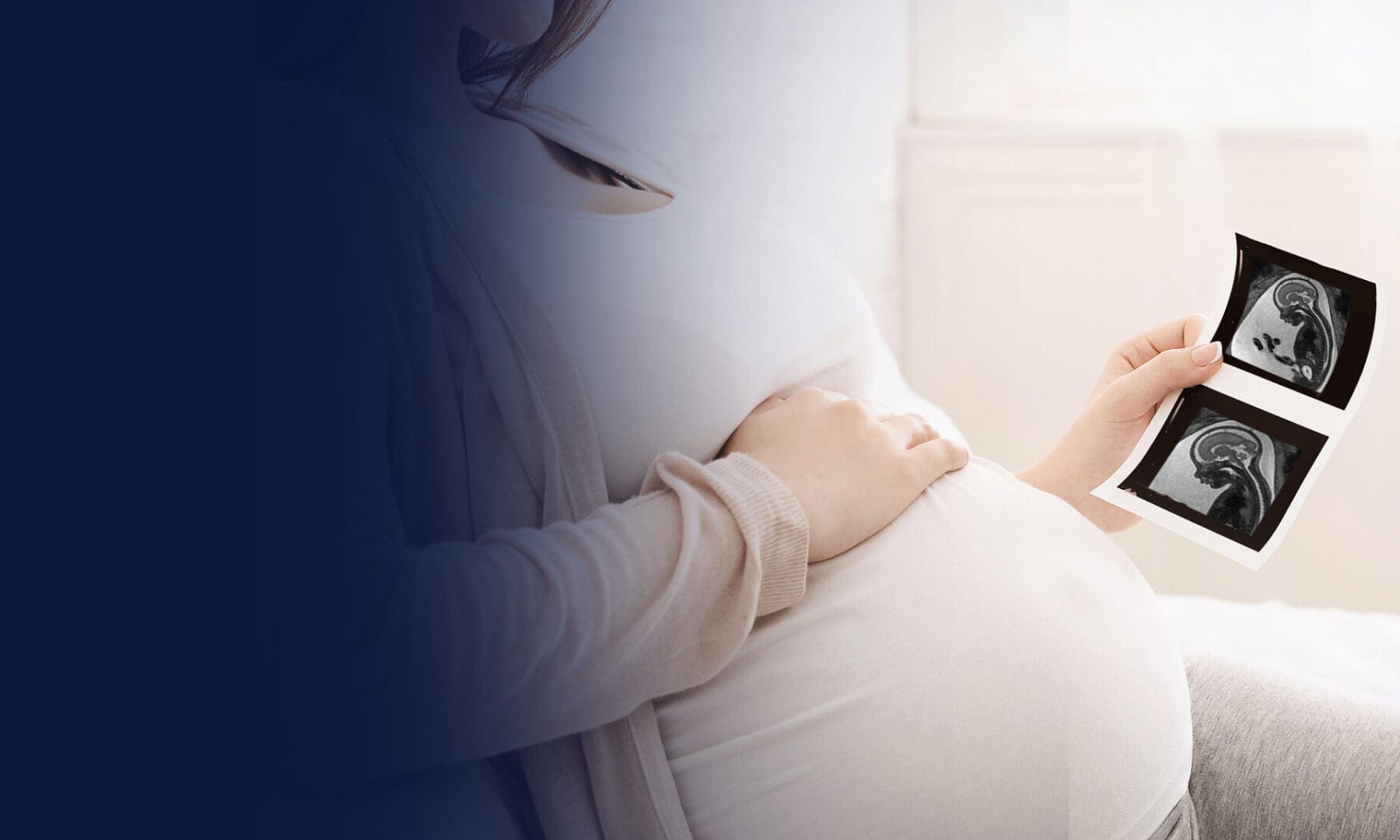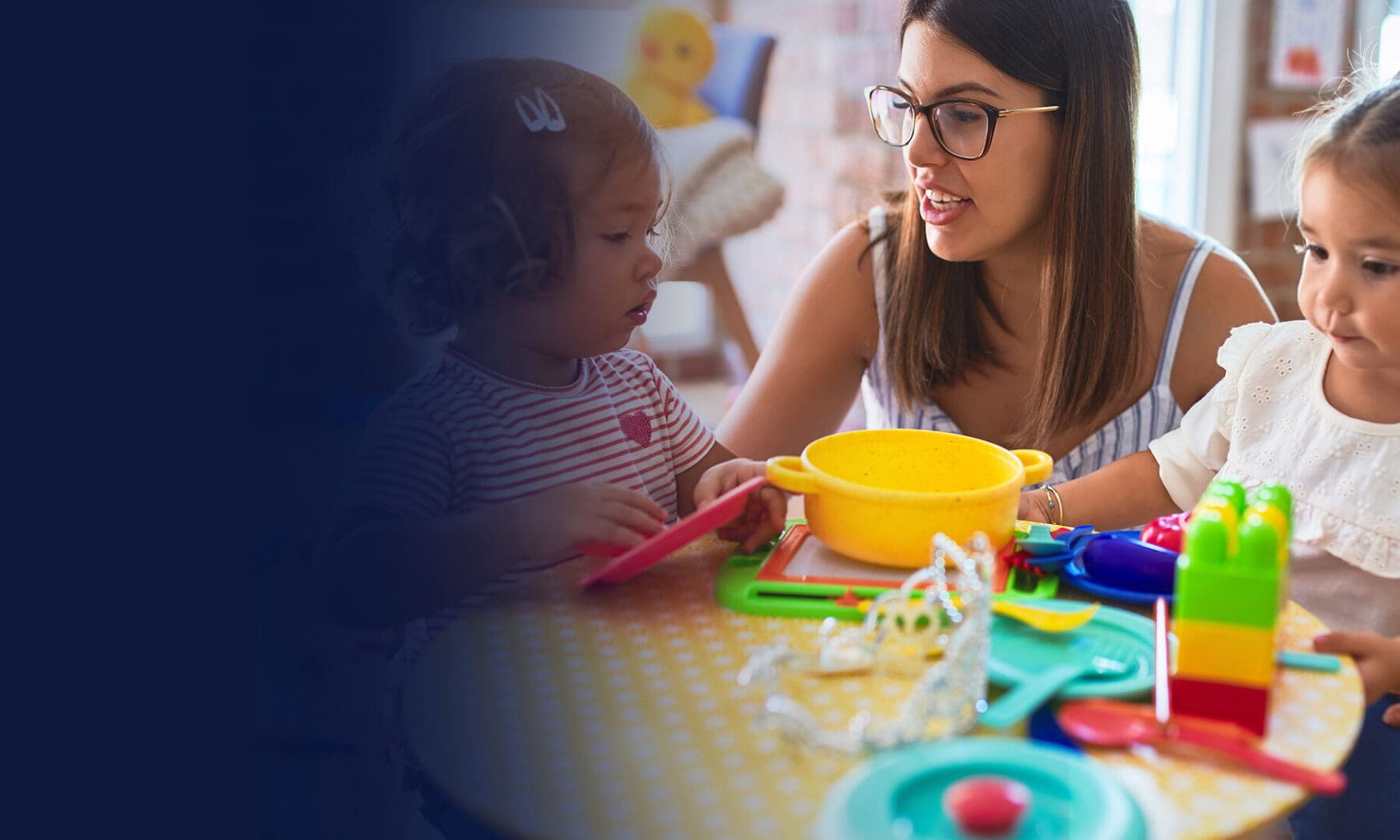OUR LONG-TERM GOAL
We are on a mission to accelerate the translation and clinical application of novel imaging biomarkers to improve monitoring of high-risk pregnancies and to develop windows of therapeutic opportunity aimed at repairing and restoring fetal health.
CURRENTLY RECRUITING
Thanks to its unparalleled imaging expertise, the Developing Brain Institute at Children’s National was invited to participate in a groundbreaking, multi-million dollar study to determine how being exposed to opioids in the womb impacts newborns’ long-term brain development.
Under the federally funded grant, children exposed to opioids will be closely evaluated for the first two years of the infants’ lives through sophisticated brain images taken during the first month of life, at 6 months old and again at 2 years old.
Indigenous Mayan women in Guatemala are at increased risk for perinatal mood and anxiety disorders. Healthy Thoughts (Pensamiento Saludable) is based around the cultural idiom of distress, Qajnaq ruchojq'aq. It launches the pilot, Utz laj ch’ob’oneem, within a community health center serving Tz’utujil families in San Juan and San Pablo La Laguna, Guatemala.
We are studying whether a prenatal maternal Cognitive Behavioral Therapy (CBT) intervention helps to improve maternal and infant outcomes for pregnant women carrying fetuses diagnosed with CHD.
Mommy&Me strives to find and effectively treat low-income Black women receiving prenatal care at our recruiting sites and intervening early to help D.C. babies enjoy the strongest start at life.
In nature, mother’s own milk evolves to meet the growing baby’s needs. Project THRIVE does nature one better, adding new innovations to optimize nutrition for the tiniest newborns admitted to the neonatal intensive care unit at Children’s National Hospital.
This component of the NIH’s massive Helping to End Addiction Long-Term Initiative (HEAL) enrolls pregnant women from four U.S. regions struck hard by the opioid crisis, following these women and their children for years to gauge opioids’ imprint on children’s brains.
In Project PROTECT, we use cutting-edge imaging to monitor early brain development to pick up early signs if it veers off track.
In this research study, our team will leverage its mastery of sophisticated MRI studies to identify risks of COVID-19-related maternal distress.



